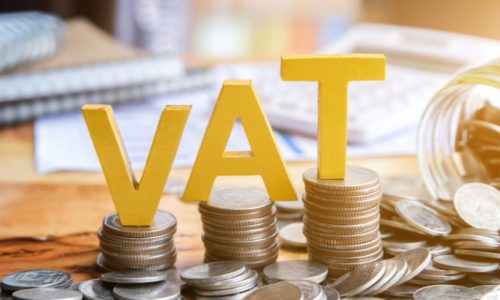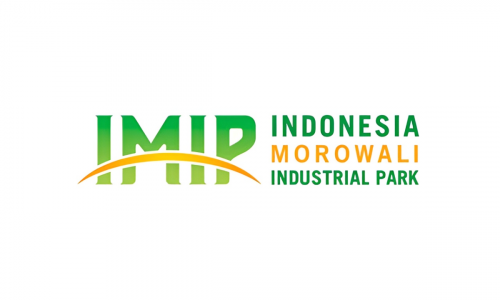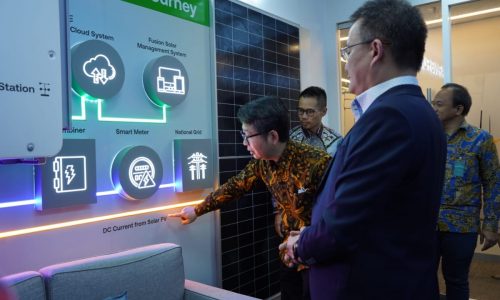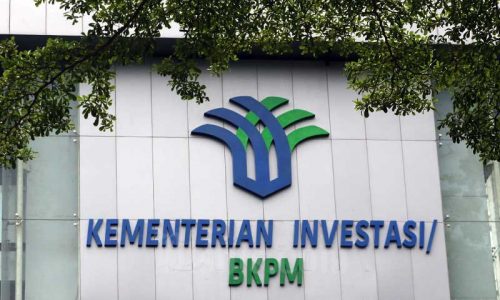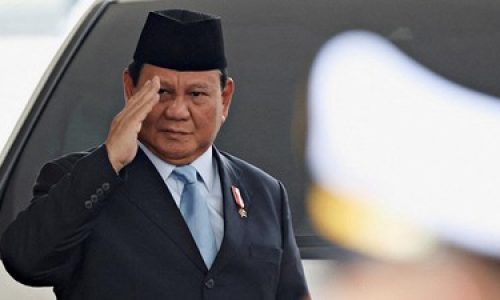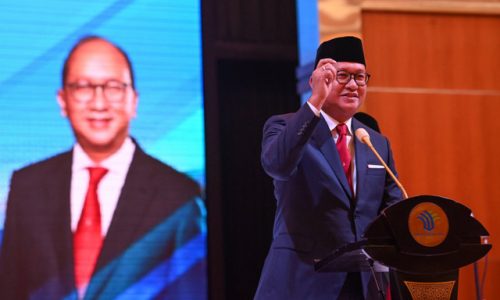This policy change is an amendment to the previous regulation, Minister of Industry Regulation No. 4/2021, which outlined the procedures for issuing technical considerations for the import of iron or steel, alloy steel, and its derivatives. Every business entity engaged in the importation of iron and steel, whether as a producer importer (API-P) or a general importer (API-U), must now obtain an Import Approval (PI) through Technical Consideration.
“To obtain Import Approval as stipulated in Article 2 paragraph (1) of the Ministry of Industry regulation, business actors must prior secure Technical Consideration issued by the Minister,” states the latest ministerial regulation.
However, in Article 3 paragraph (3), it is mentioned that the Minister delegates the authority for issuing Technical Consideration and Technical Consideration for changes to the Director General. In the previous regulation, Technical Consideration must include at least information about the tariff code/HS for Iron or Steel, Alloy Steel, and its derivatives to be imported, as well as the quantity and type, product specifications, loading port/country of origin, port of destination, verification information at the loading port, and a validity period solely for Technical Consideration.
The issuance of Technical Consideration is based on the data of Import Approval applications submitted electronically by the ministry responsible for trade affairs to the National Single Window (SIINas).
In the recent regulation, the requirements and conditions for importers are differentiated. Import activities can be carried out by Industrial Companies, Industrial Service Companies, Non-Industrial Companies holding API-P, Non-Industrial Companies holding API-U, and Raw Material Providers (PPBB). In general, the application for the issuance of Technical Consideration by the above business entities can be granted if accompanied by various data regarding production plans, import plans, the realization of imports in the previous year, plans for the absorption of raw materials/auxiliaries, realization of absorption, and various other business licensing documents. Import and import realization plans for the previous year, include tariff code/harmonized system (HS), product description, quality standards and/or technical specifications, unit volume, country of loading, destination port, and entry time.
Documents that need to be forwarded electronically to the Director General through SIINas, include business permits, import approvals, mill test certificates for imported alloy steel in the current year, stamped letters regarding product specifications, and stamped letters of data accuracy. Should there be any discrepancy in the data after verification, administrative sanctions may occur, such as the rejection of Technical Consideration applications for the following year and a recommendation for the revocation of the issued Import Approval.



